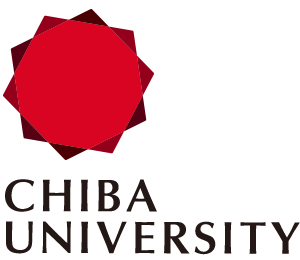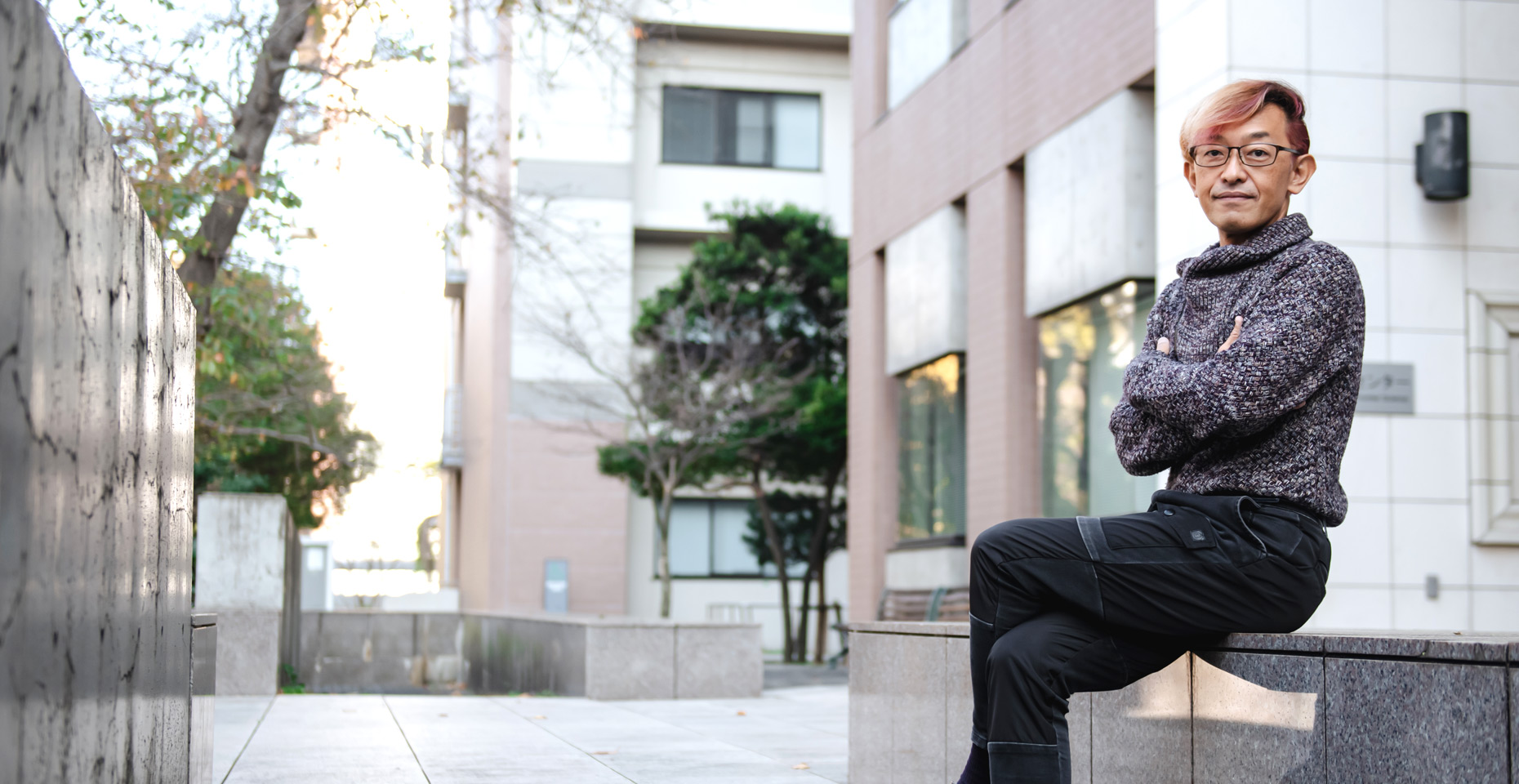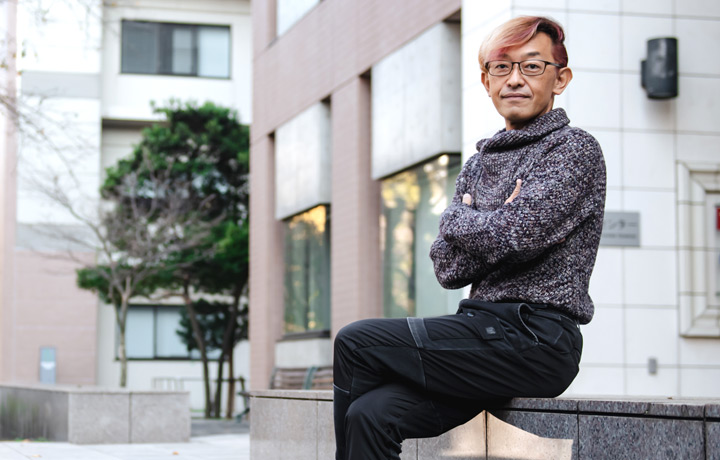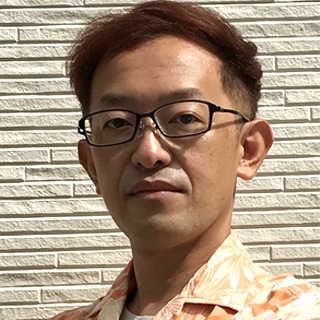This world is filled with ‘errors’ by noise. From the frustration of unreadable DVDs or 2D codes to the annoying noises of satellite broadcast interferences, ‘errors’ abound. Professor Manabu Hagiwara from Chiba University’s Graduate School of Science is pioneering a theory aimed at correcting these ubiquitous’ errors’ for future technologies.
In 2020, Professor Hagiwara achieved a remarkable feat by developing coding theory, a theory for error correction, in a ‘notoriously challenging field’ that had been mainly left untouched. With a keen eye for both mathematical elegance and practical applications, he tirelessly pursues his research. More surprising is his aspiration to integrate error correction into his lifelong pursuit of brewing beer.
We caught up with Professor Hagiwara, whose zest for life is palpable, to delve into his research and his unique perspective on blending academic rigor with personal interests.
Error Correction: the backbone of our information society

First, please tell us about your research field.
I am conducting research in the field of ‘error correction.’ Humans possess the ability to deduce the original information even when errors occur during listening or dictating. This phenomenon is ‘error correction.’ This unconscious process is vital for us to lead our daily lives smoothly.
In the digital realm, encompassing information devices and internet communications, error correction is equally crucial. While the digital world operates on ‘classical bits,’ representing 0 or 1, it is susceptible to various errors such as ‘substitution errors,’ where bits flip from 0 to 1, and vice versa, ‘deletion errors,’ where some bits disappear, or ‘insertion errors’ where unnecessary bits are added. My research focuses on the construction of a mathematical information sequence system suitable for error correction. In essence, this research plays a pivotal role in supporting the seamless functioning of our information society behind the scenes.
How do you correct errors?
The essence of error correction lies in ‘redundancy.’ For example, when conveying the information ‘hippo,’ you might repeat the original data, as in “hi hi hi po po po po,” or provide additional context, such as “It’s an animal found in zoos, also known as hippopotamus.” This approach allows the recipient to guess, “Did they mean hippo?” While there are various error correction theories, they all share a common trait: redundant information from the original data.
Errors even occur in the quantum world! ‘Quantum error correction,’ a pivotal player in the realm of quantum computers
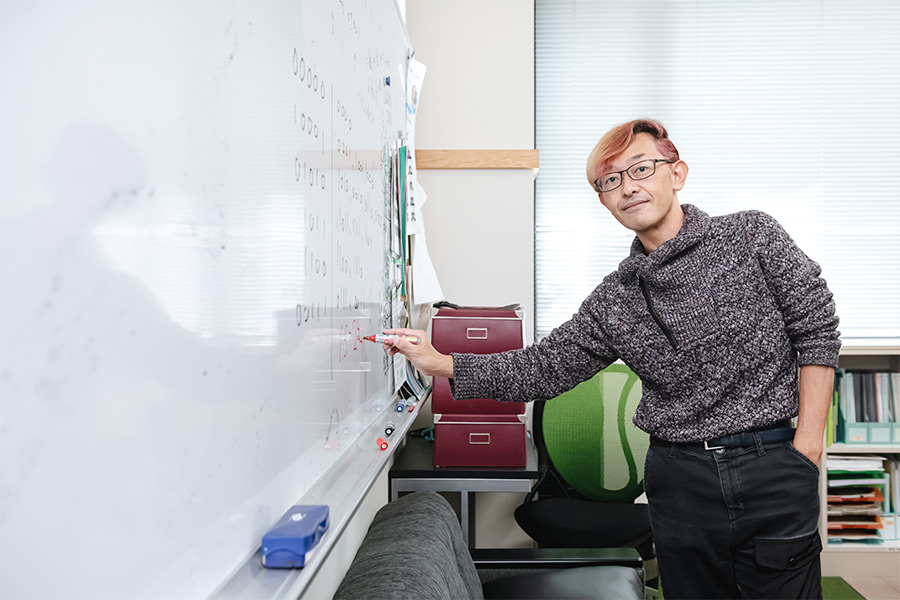
Thanks to error correction, we can lead a comfortable digital life!
Exactly. In today’s digital society, alongside the well-established theory of substitution error correction for ‘classical bits,’ there is an emerging trend focusing on ‘quantum error correction.’ Quantum error correction is designed to address errors in ‘Quantum bits (qubits),’ the fundamental units of information in quantum computers.
Qubits exhibit truly unique properties. While classical bits are limited to representing either 0 or 1 states, qubits can exist in a superposition of both. In addition, by entangling multiple qubits, it becomes feasible to perform operations such as information teleportation.
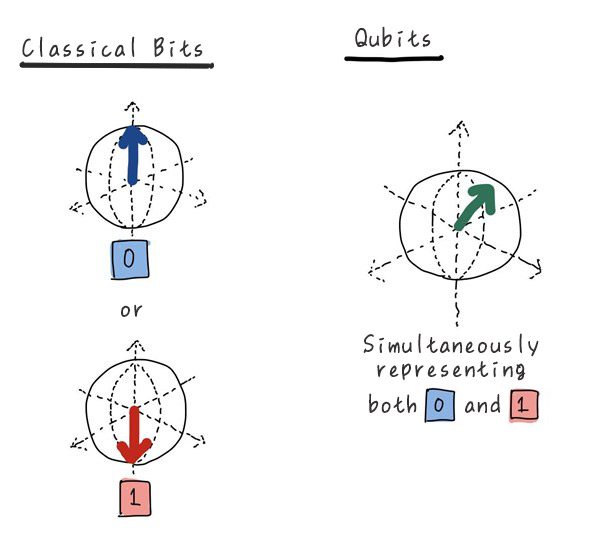
How is error correction for qubits different from that for classical bits?
While the need for redundancy remains consistent, qubits introduce unique constraints. For example, observing a qubit disrupts its superposition of 0 and 1 states, necessitating redundancy without directly checking the original bit’s state. Furthermore, in addition to conventional errors like substitution, insertion, and deletion errors, qubits are susceptible to distinct errors, such as fluctuations in the ratio of overlapping 0s and 1s, and discrepancies in orientation. In other words, a broader range of errors must be addressed for qubits.
Despite the complexity of quantum error correction, it has become a focal point in quantum computer research, holding promise for significant advancements in practical quantum computing applications as research progresses.
Revolutionize error correction with a unique approach that invites you to ‘revel in the elegance of mathematics!’

What circumstances led you to research error correction?
I developed an interest in coding theory during my undergraduate studies after reading a special feature on the subject in a mathematics magazine. Consequently, during my fourth year, I selected a laboratory where I could learn coding theory and group theory, specifically the Masaaki Kitazume Laboratory at Chiba University, and engaged in research on applying classical error-correcting codes to describe groups as pure mathematics. Following the completion of my doctoral course in 2002, I joined the esteemed Hideki Imai Laboratory at the University of Tokyo as a postdoctoral researcher. This laboratory is globally recognized in the field of error correction. Since then, my research has primarily focused on both classical and quantum error correction.
Please share more about your research journey.
From 2002 to 2010, my research focus centered on exploring error-correcting codes known as ‘quantum QC-LDPC codes.’ LDPC codes represent a coding theory renowned for their exceptional reliability and efficiency in handling inversion errors. During this period, I embarked on a quest to explore the possibility of devising a quantum counterpart to the classical QC LDPC code, which had garnered considerable acclaim.
This attempt proved to be exceedingly challenging. Despite my best efforts, I found myself unable to satisfy the conditions necessary for creating a good quantum QC-LDPC code. For about two to three years, I felt engulfed in a haze of uncertainty. Then, one day, a breakthrough emerged seemingly out of nowhere. I had a sudden realization that incorporating a method called ‘group theory,’ which I had learned during my undergraduate studies, could hold the key to overcoming my obstacles. I felt as if Math God had tapped me on the shoulder and said, ‘You went through enough. It’s time to solve this problem.’ This experience reinforced my belief that with a clear purpose and a steadfast commitment to strengthening my foundational knowledge, the path forward would become clear in due time.

What an experience! It shows how important establishing a solid foundation and perseverance are in everything.
After that, I delved into research on quantum deletion error correction, which started in 2010. Deletion errors pose a particularly formidable challenge compared to other errors. It struck me as the need for pioneering a new theory, so I eagerly embraced the challenge, thinking, “If it’s so difficult, why not give it a try!” Very few researchers worldwide were tracking this due to its complexity, but I found satisfaction in that circumstances.
In 2020, my student, Nakayama, and I achieved a significant milestone by creating the world’s first quantum deletion error-correcting code. Although the research spanned a decade, I take pride in establishing a beautiful and simple theory that can be succinctly explained in just a few lines.
Your explanations convey a sense that you strive to formulate theories that are both beautiful and simple.
Well, I believe that’s a defining characteristic of mine. While many researchers in the engineering field focus on coding theory for practical applications, my primary drive lies in crafting a ‘mathematically elegant theory.’ This inclination shapes both my achievements and approach, lending them a unique quality.
However, this does not imply a lack of interest in applications. My standpoint is to enjoy the mathematical perspective while aiming for industrial applications whenever feasible. I aspire to develop a theory that marries beauty and practicality.
Unlimited potential for error correction: Exploring ‘Human Emotion’ and ‘Brewing’
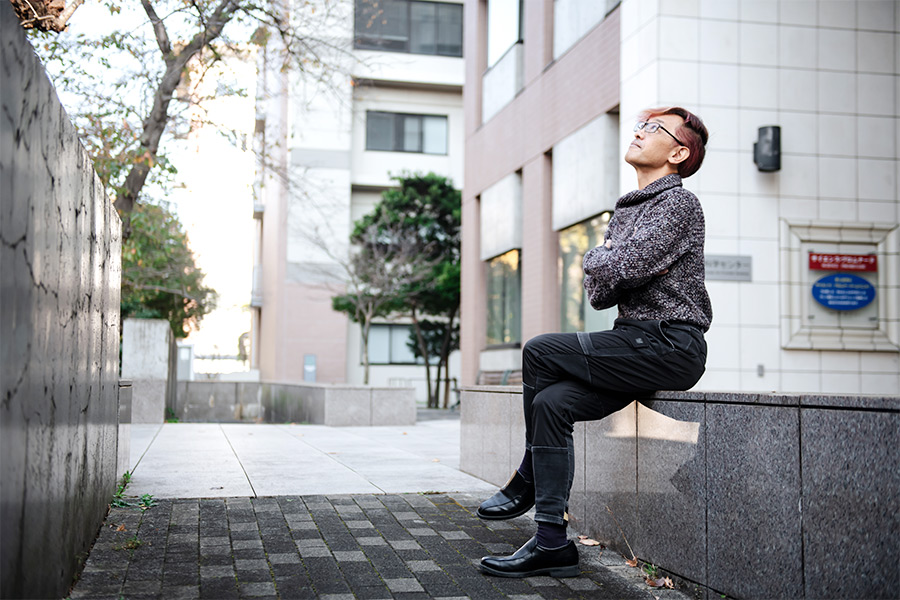
Are you collaborating with companies on research?
Yes, I am currently partnering with several companies, one of which explores the captivating question: “Can mathematics empower individuals to lead life on their own terms?” This research ventures into fascinating territory. For example, imagine a scenario where person A changes his mindset under the influence of societal pressure. I interpret this situation as an ‘error occurring in A’s Emotions” and seek to employ error correction techniques to reconnect A’s authentic feelings. While still in the conceptual phase, I am actively engaging in discussions with companies to advance this idea further.
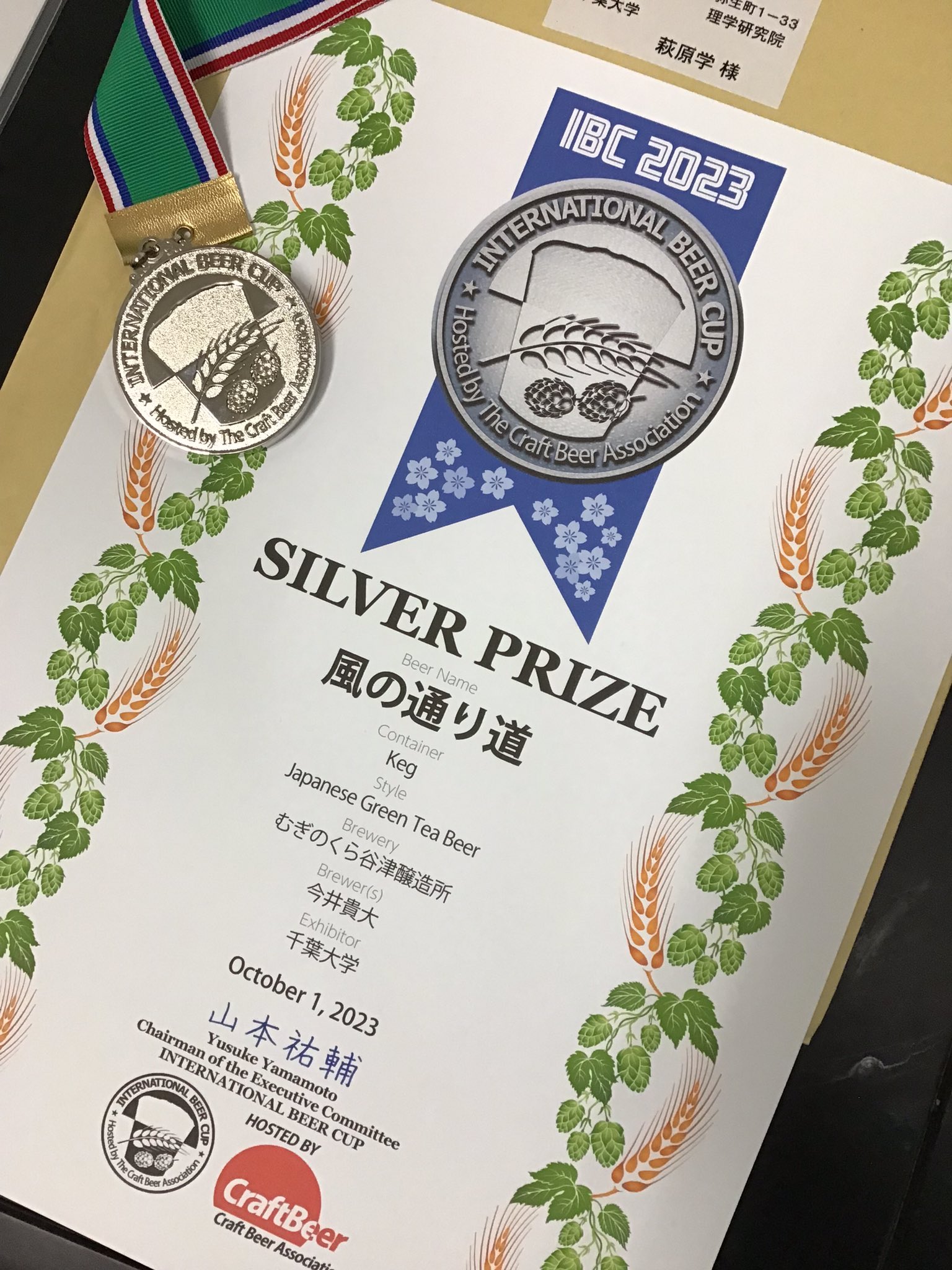
I’m surprised to know error correction can handle human’s emotions
In terms of applications, I would like to incorporate error correction into my passion project: beer making.
I have a deep love for craft beer and am the founder of the Chiba University Beer Project, where Chiba University students explore the art of brewing. In this project, we’ve already begun leveraging algebra to select hops, a crucial ingredient in beer production. By integrating error correction into this process, I believe we can craft beers that more closely align with our desired flavor profiles.
When brewing beer, we start with a vision for taste and aroma, and then create a recipe. However, achieving the exact beer you imagine is nearly impossible. It requires iterative tasting and recipe adjustment to inch closer to perfection. I realized this process resembles ‘correcting an erroneous recipe to achieve the correct one.’ If we can formalize and automate this process, inputting a recipe idea could yield the perfected outcome.
In fact, I am gearing up to launch a company dedicated to ‘error correction brewing’ in the near future. Alongside this venture, we are planning to establish a research brewery on the campus of Chiba University for collaborative research. Sounds like an exciting journey ahead, doesn’t it?
Living a wonderfully enjoyable life with a ‘follow your gut feeling’ attitude
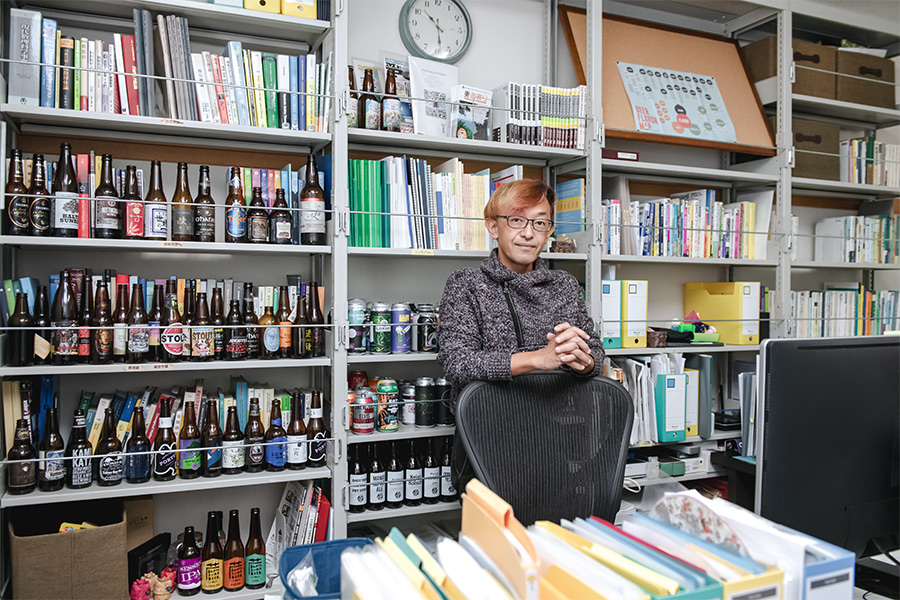
I sense that you constantly challenge yourself to pursue your desires. Where does this inner strength originate from?
In essence, I live my life honestly, adhering to the principles of ‘not putting in too much effort’ and ‘doing what I enjoy.” In particular, I’ve resolved never to ‘make excuses for avoiding things I want to do.’ I believe it is all up to me to justify my actions rather than succumb to external pressures.
I see. Your strong principles lead to living an enjoyable life.
Lastly, please share a message for students aspiring in mathematics.
You’ve likely heard the saying, “Once you start working, you will have money but less time for leisure. So, enjoy yourself while you are still a student.” Personally, I haven’t found myself with less time since becoming a full-time worker, and with more financial stability, I am able to indulge in activities as I please. My advice to students is to focus on what they are passionate about learning, whether it is mathematics or other fields.
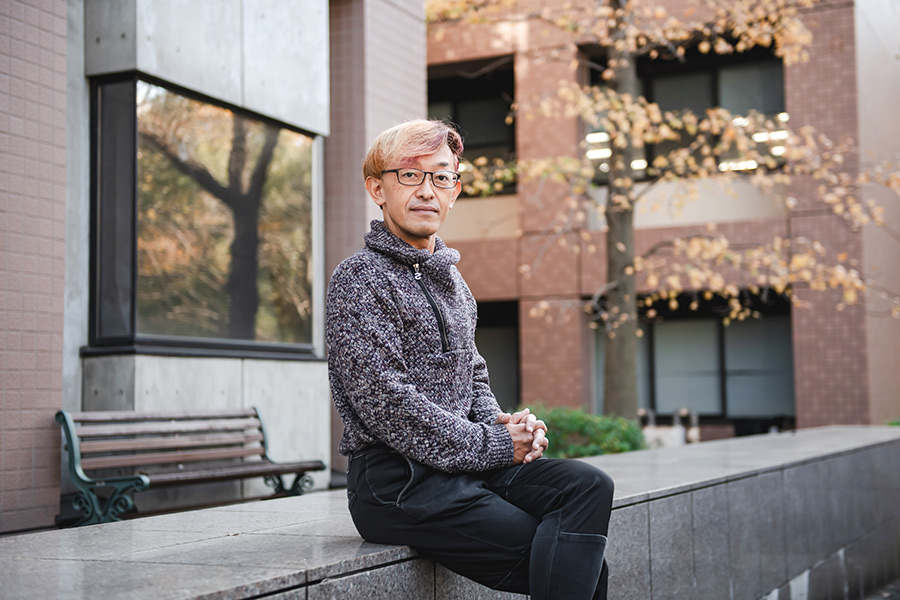
Recommend
-
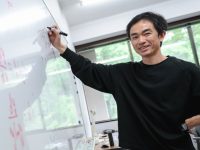
Charting a New World Atlas of Mathematics and Geometry: Transforming Differential Equations into Figures
2025.03.19
-

Backing Revitalization in Rural Areas: Unearthing the Subtle Heart of the Community
2024.12.27
-
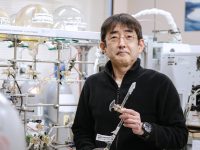
Harnessing CO2 with a Photocatalyst for Fuel and Plastic Feedstocks: Advancing a Sustainable Society with Chemistry
2023.06.22
